
Mindful Parenting
Try these tips for remaining calm during stressful family moments.
Children are learning to express their emotions. They don’t yet have the tools to talk about their feelings and this can lead to big frustration and bigger meltdowns.
As parents and caregivers, it’s your job to be supportive even when children are expressing big emotions. This will help them manage their reactions and allow them to feel safe when confronting scary feelings. But remaining calm can be a tricky task. Consider these ideas:
- If you feel yourself getting stressed and overwhelmed, try to remain present in the moment. Notice what you see around you. What do you hear? What sensations do you feel in your body?
- Take a minute to be aware of your feelings. If you feel too stressed and overwhelmed to help your child through a big emotion, it’s okay to take a moment to step away. Let your child know, “I’m having big feelings too. I’m going to go stand in that corner and take ten deep breaths. That will help me to calm down so that I can help you.”
- Remind yourself that you’re good enough. Sometimes just getting through the day is a major feat. Be kind to yourself. You can’t be at your best everyday. It’s okay to fail big sometimes.
- Find your “happy place.” It may sound silly, but it can help to think of a happy memory or imagine a peaceful location.
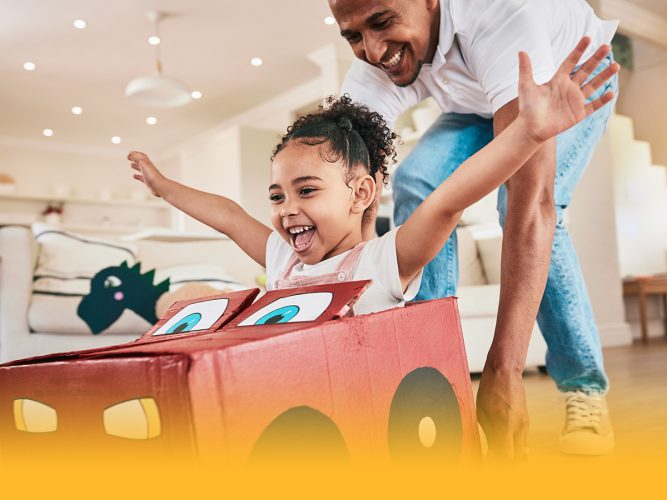
The Power of Following Children’s Lead
Joining children in their play offers so many opportunities to encourage, communicate, bond, spark and share joy, teach, show warmth and kindness, and help them thrive.
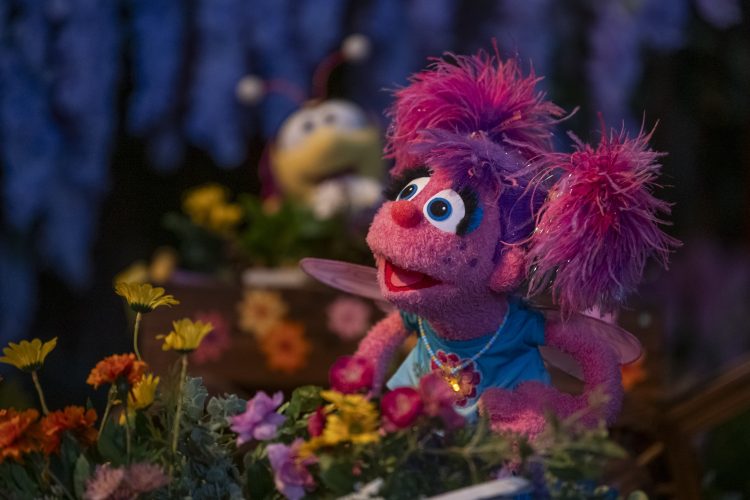
Watch and Play: Abby's Magical Beasties
Watch this episode and explore ways to extend the learning at home.
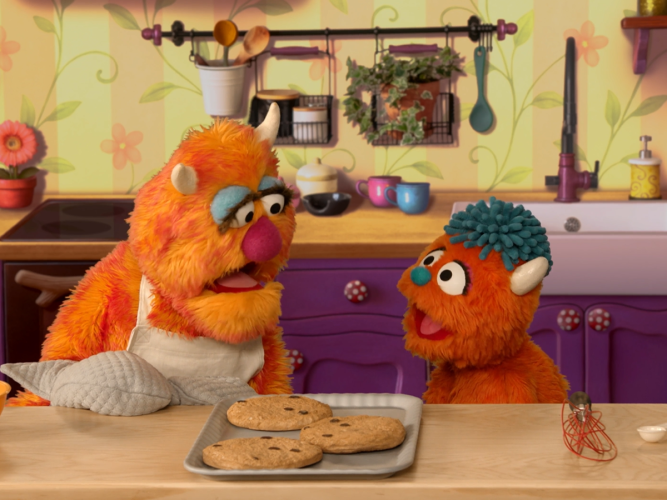
Parenting Moment: Enjoying!
Showing you enjoy your time together with your child builds your special bond. And when you’re being positive, your little one is more likely to do the same.
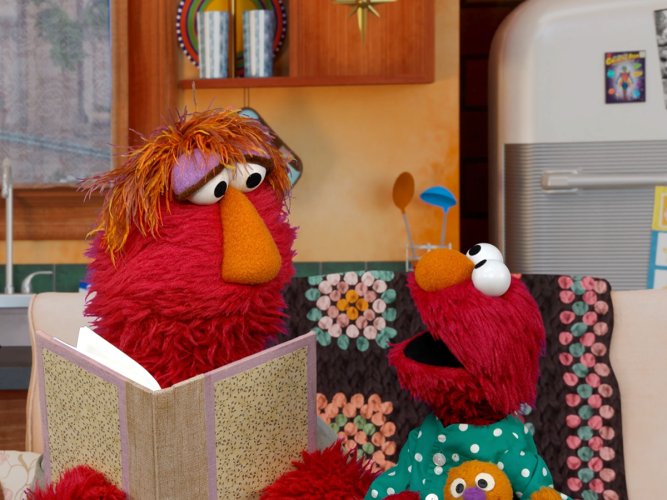
Go To Sleep, Elmo!
Handling a middle-of-the-night monster moment.
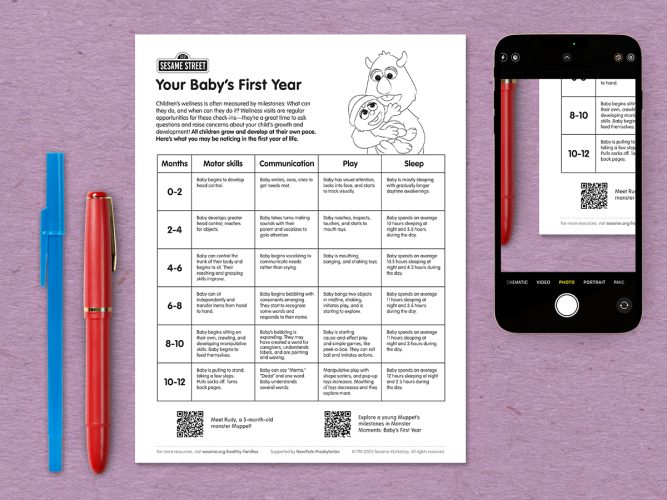
Milestones: Your Baby’s First Year
All children grow and develop at their own pace; use this chart to guide your expectations and observations so you can talk to your child’s pediatrician about questions or concerns.
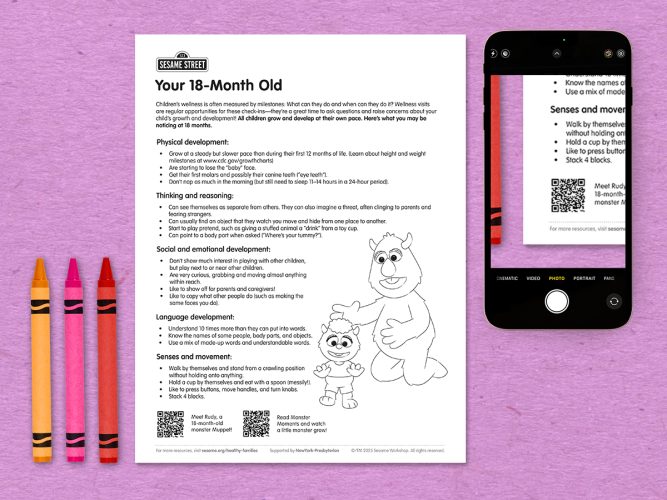
Milestones: Your 18-Month Old
All children grow and develop at their own pace; use this chart to guide your expectations and observations so you can talk to your child’s pediatrician about questions or concerns.
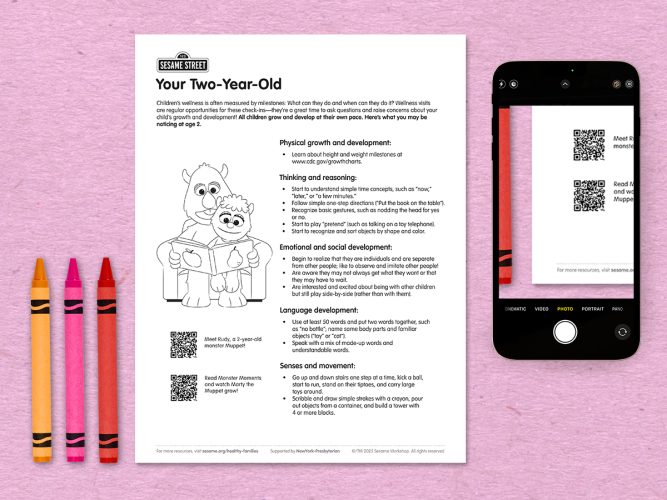
Milestones: Your Two-Year-Old
All children grow and develop at their own pace; use this chart to guide your expectations and observations so you can talk to your child’s pediatrician about questions or concerns.
